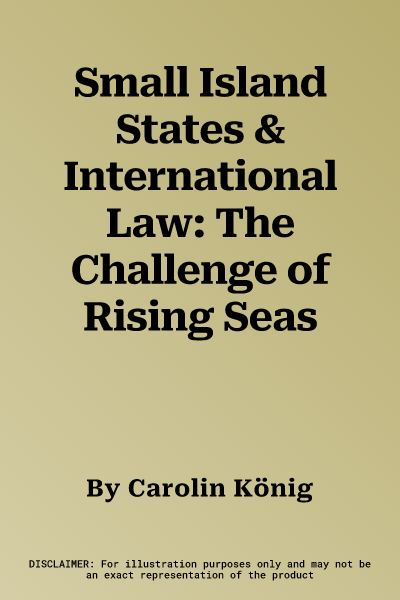What happens under international law if a state perishes due to rising
sea levels without a successor state being created? Will the state cease
to exist? What would this mean for its population? Have international
law and globalization progressed enough to protect the people thus
affected, or does international law still depend on the territorial
state when it comes to protecting entire populations?
Exploring these issues, this book provides answers to these pressing
questions. Focusing on small island states as actors in the
international community, it evaluates the challenges that the state as a
subject of international law faces in general from globalization and
humanization, and what this means for small island states threatened by
rising seas. Highlighting the experience of the indigenous peoples of
small island states as collectives, and to the individuals living in
these states, the book addresses fundamental questions of general state
theory and international law, drawing on an extensive body of source
material.
As rising sea levels present an increasingly pressing threat to small
island states, this book highlights the importance of international
protection of the individual and the capacity of international
organizations to act within existing international law. It identifies
pressing problems where immediate action is required and argues that, in
future, the responsibility for protecting individuals could shift to the
international community, if a sinking island state can no longer protect
its population on its own.

